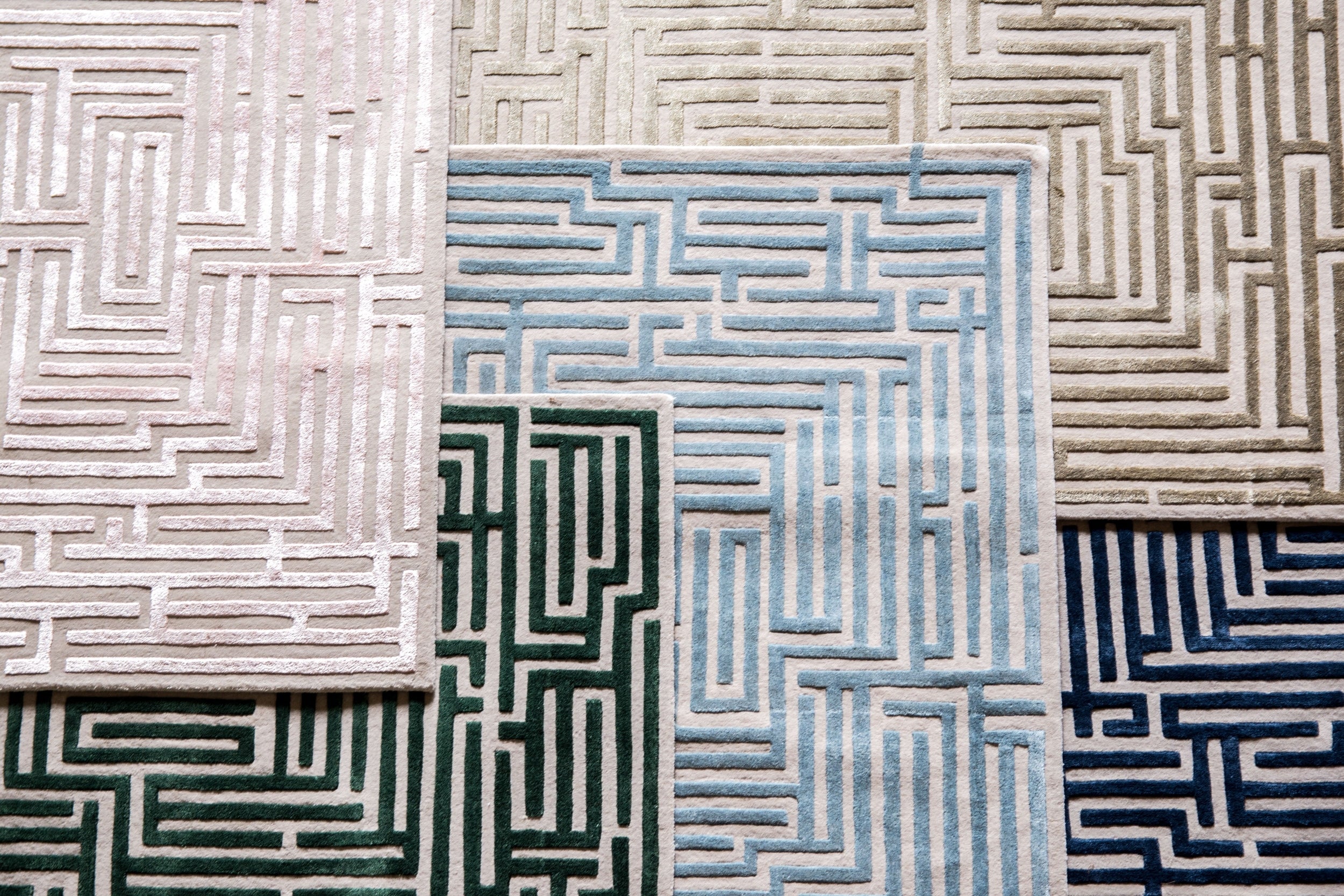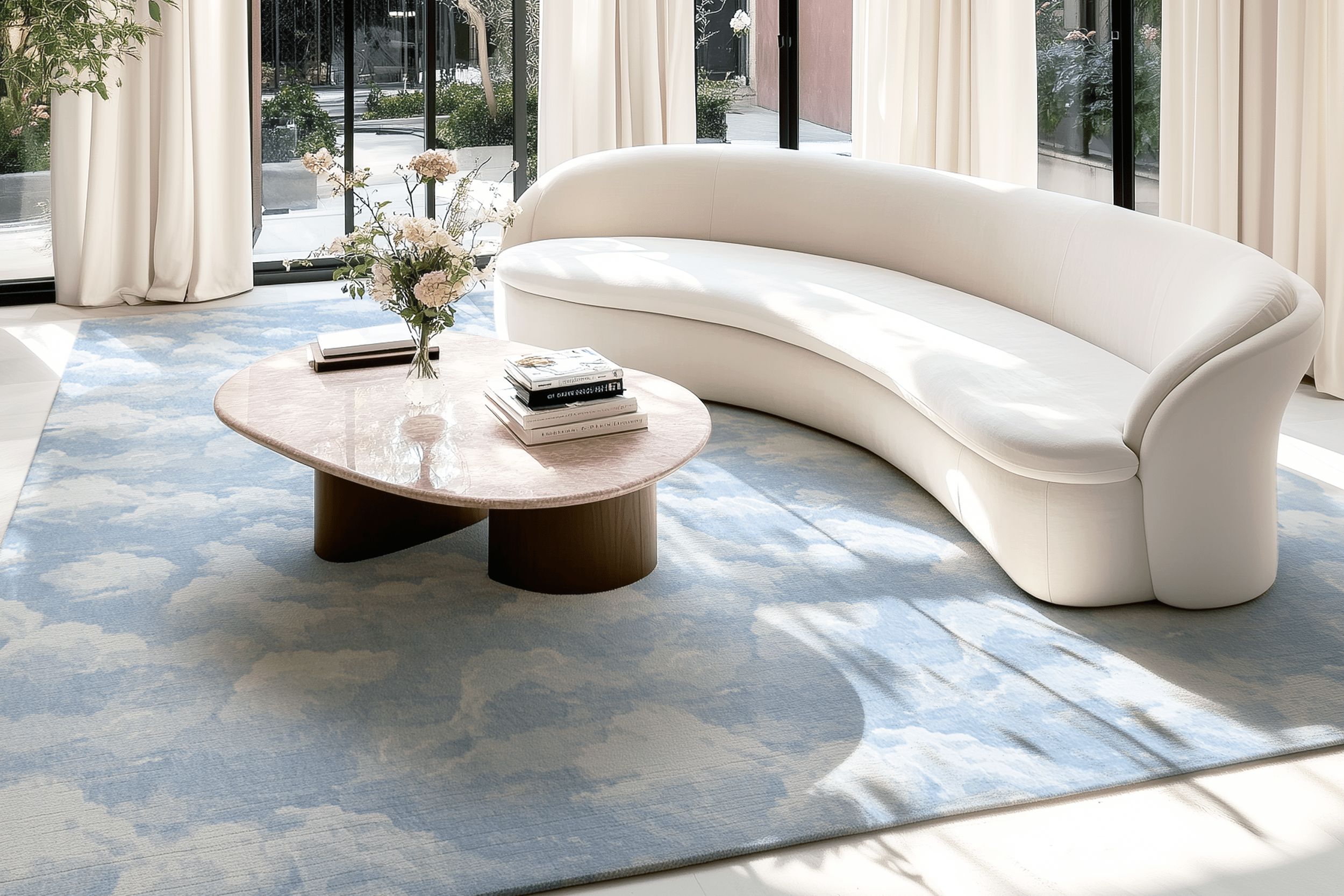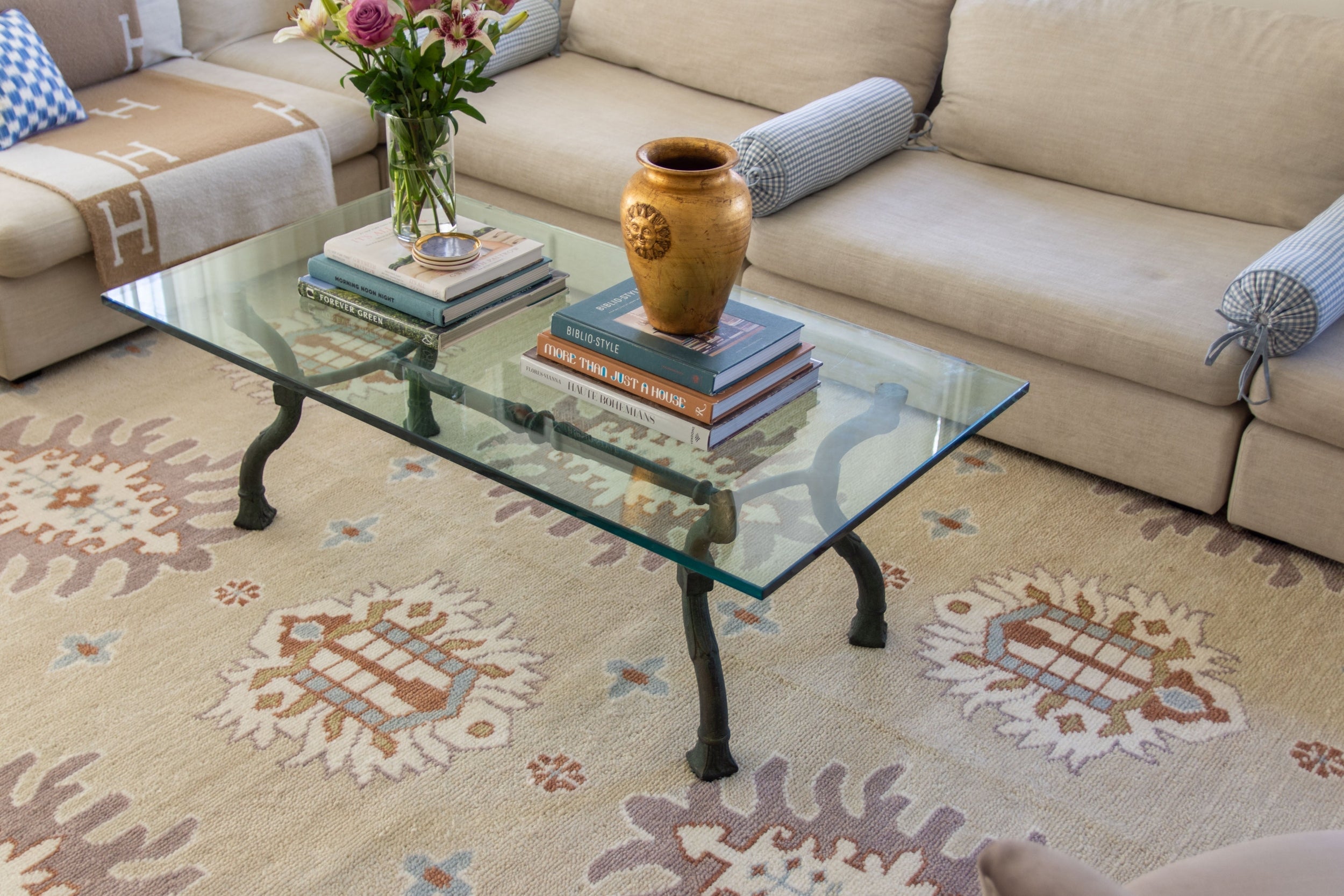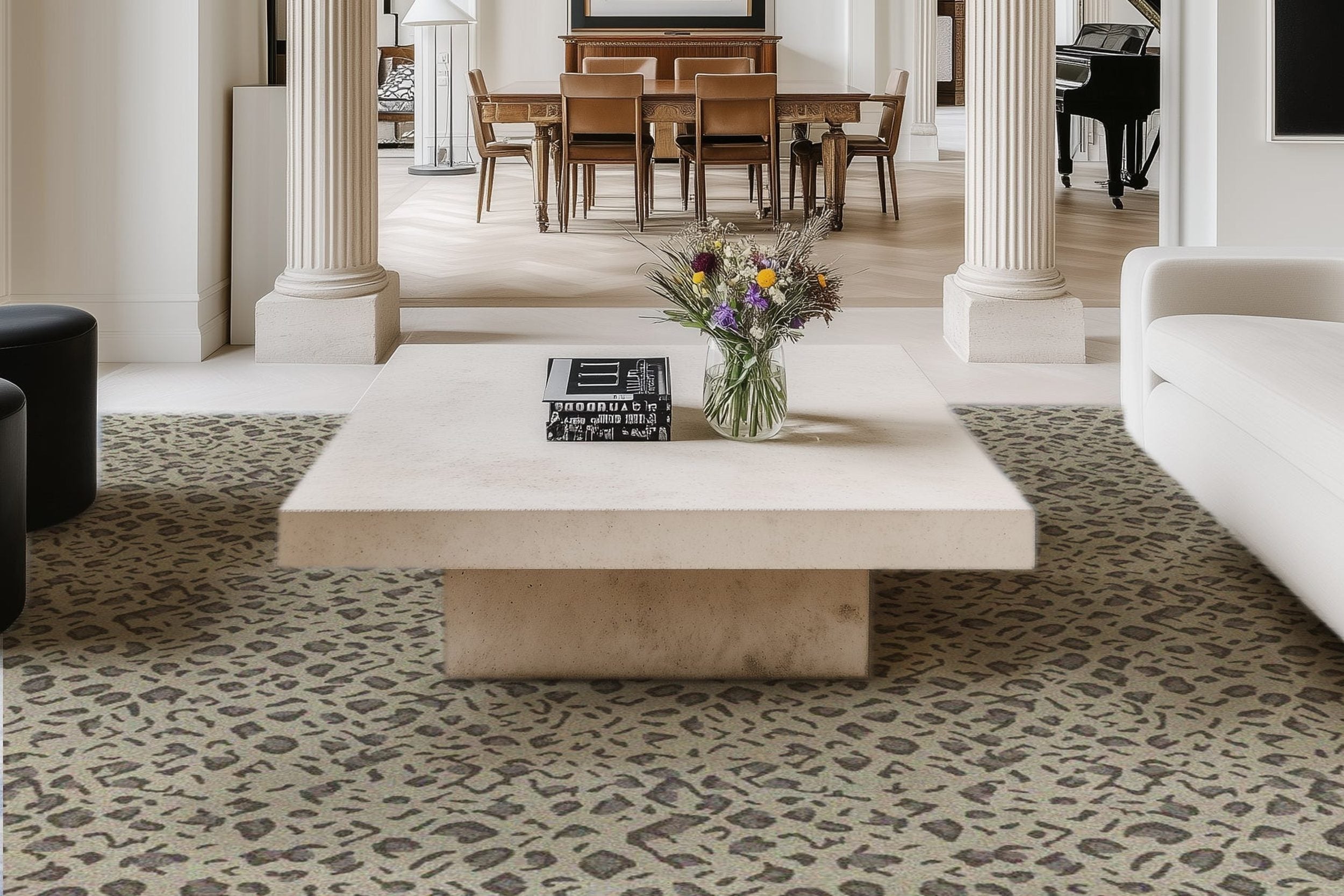Is Vinyl Fencing a Good Choice for Washington’s Coastal Areas?
 When you live near the coast, your fencing needs are different. The salty air, high winds, and constant moisture can take a toll on traditional materials. For homeowners in Washington’s coastal areas, choosing the right fence is about more than curb appeal—it’s about durability, longevity, and minimal upkeep. One popular option people often consider is vinyl fencing. But is it really the best fit for homes near the coast? Let’s take a closer look.
When you live near the coast, your fencing needs are different. The salty air, high winds, and constant moisture can take a toll on traditional materials. For homeowners in Washington’s coastal areas, choosing the right fence is about more than curb appeal—it’s about durability, longevity, and minimal upkeep. One popular option people often consider is vinyl fencing. But is it really the best fit for homes near the coast? Let’s take a closer look.
Why Coastal Environments Challenge Fencing Materials
Coastal regions in Washington experience a mix of heavy rainfall, salty sea breezes, and shifting temperatures. These conditions can speed up wear and tear on fences:
-
Salt exposure: Salt can corrode metal and stain or weaken wood.
-
Moisture: Frequent rain and high humidity promote rot, mold, and mildew in wooden fences.
-
Wind: Coastal winds put pressure on fencing panels, posts, and gates.
Because of these factors, many homeowners look for low-maintenance fencing solutions that won’t need constant repairs or replacements.
The Benefits of Vinyl Fencing in Coastal Areas
Vinyl fencing has become a popular alternative for coastal homeowners, and for good reason.
-
Resistant to moisture: Unlike wood, vinyl doesn’t rot, warp, or swell when exposed to constant rain.
-
No rust issues: Salt air causes rust on metal fences, but vinyl won’t corrode.
-
Low maintenance: A quick rinse with a garden hose removes salt deposits and dirt.
-
Long-lasting: High-quality vinyl fences can last decades with proper care.
-
Style options: From privacy panels to picket styles, vinyl offers versatility that complements different home designs.
If you’re weighing your options, vinyl fencing installation can give you a durable solution without the constant upkeep required by other materials.
Potential Drawbacks to Keep in Mind
Vinyl fencing isn’t perfect, and it’s important to weigh potential downsides before deciding:
-
Initial cost: Vinyl often costs more upfront than wood.
-
Heat expansion: In rare hot spells, vinyl panels may expand or contract.
-
Not as natural looking: Some homeowners prefer the classic charm of wood.
Still, for homes along Washington’s coast, the reduced maintenance and longevity often make vinyl worth the investment.
Choosing the Right Fence for Your Coastal Property
Every property is unique, and what works for one home might not suit another. For instance, if you want a natural look but still need durability, you could combine vinyl posts with wooden panels for a hybrid design. Or, if security is your top priority, a taller privacy vinyl fence may be the best fit.
Working with local certified fence builders ensures you get a fence that’s properly installed and built to handle coastal conditions.
Final Thoughts
So, is vinyl fencing a good choice for Washington’s coastal areas? In most cases, yes. Its resistance to moisture, salt, and rot makes it a standout option compared to wood or metal. While the upfront cost may be higher, the long-term savings on repairs and maintenance can make vinyl a smart investment for coastal homeowners.
If you’re planning a project, consulting experts in residential fence installation can help you choose the right style, height, and design for your property. With the right fence in place, you’ll enjoy both durability and curb appeal—even with Washington’s coastal weather.
Browse by Category

Design Projects
Explore interiors from client work and personal renovations — layered, livable, and always in progress.
read more →
Collaborations
From product launches to styled spaces, discover the brand stories I’ve helped bring to life.
read more →
The Notebook
A growing archive of iconic designers, inspiring artists, and unforgettable design moments.
read more →
Travel by Design
Wander with a designer’s eye — from charming hotels and city guides to visual inspiration abroad.
read more →




